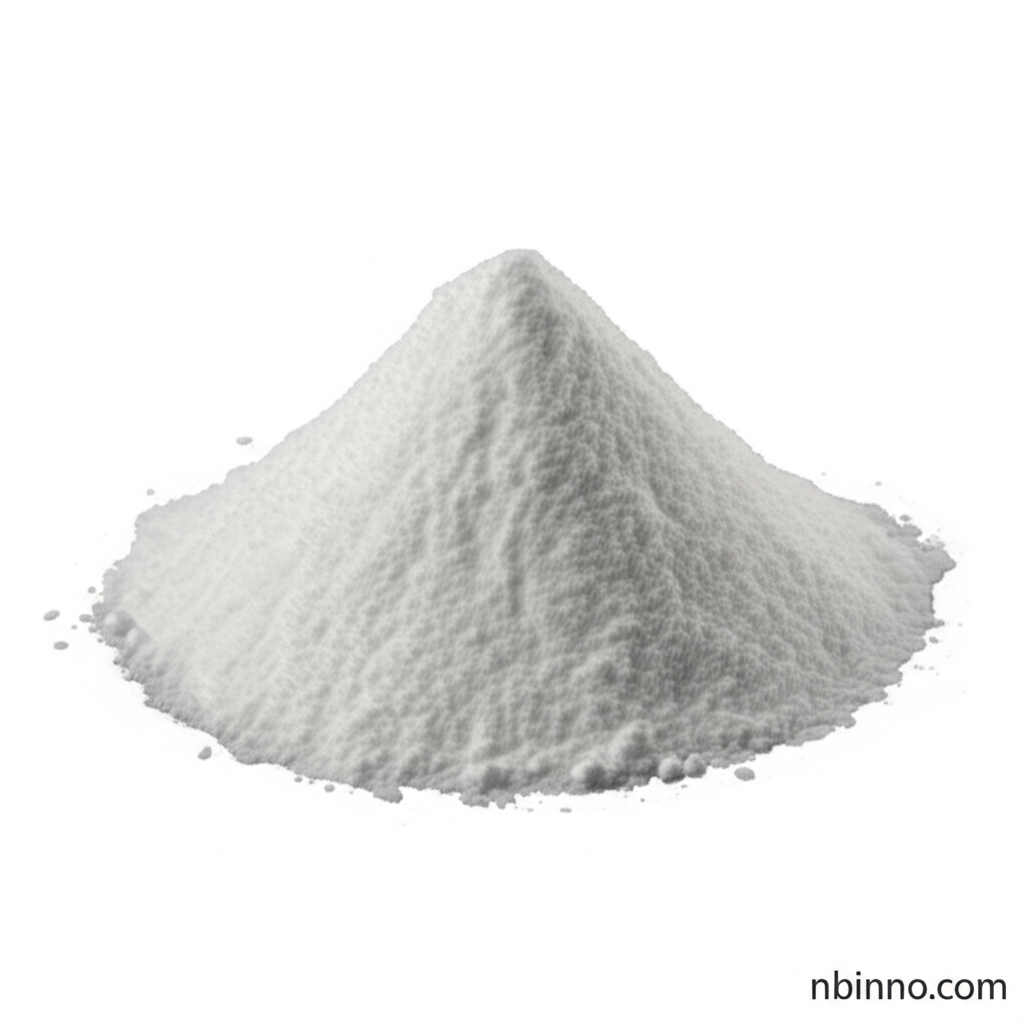Fmoc-D-2-Nitrophenylalanine: Revolutionizing Peptide Synthesis
Unlock advanced peptide structures with our high-purity Fmoc-D-2-Nitrophenylalanine. Essential for innovative drug discovery.
Get a Quote & SampleProduct Core Value

Fmoc-D-2-Nitrophenylalanine
Fmoc-D-2-Nitrophenylalanine is a critical building block in modern organic synthesis, especially renowned for its applications in peptide synthesis and drug development. Its structure combines the protective Fmoc group with a nitro-substituted phenylalanine moiety, offering unique properties for creating complex molecular architectures.
- As a key building block for peptide synthesis, this compound facilitates the efficient assembly of peptides, enabling researchers to construct intricate peptide chains with specific functionalities for advanced research.
- In drug development, its unique structure makes it valuable in medicinal chemistry for designing novel pharmaceuticals, particularly those targeting specific receptors or enzymes, thus enhancing therapeutic efficacy.
- The presence of the nitro group enhances its reactivity, making it an excellent choice for researchers focused on developing novel therapeutic peptides or exploring new avenues in medicinal chemistry.
- Its utility extends to bioconjugation processes, linking biomolecules like proteins and antibodies to enhance drug delivery systems and improve targeting capabilities.
Advantages Offered
High Purity and Quality
Ensuring high purity of Fmoc-D-2-Nitrophenylalanine is paramount for reproducible results in complex syntheses and drug discovery programs.
Versatile Chemical Reactivity
The combination of the Fmoc protecting group and the nitro substituent offers versatile chemical reactivity, essential for unnatural amino acids in drug discovery and specialized peptide modifications.
Streamlined Synthesis Workflows
Leveraging Fmoc protected amino acids like this one streamlines synthesis workflows, allowing for efficient and targeted construction of peptide-based therapeutics.
Key Applications
Peptide Synthesis
Serves as a vital component in the creation of complex peptide sequences, crucial for advancing research into peptide-based therapeutics and understanding protein structures.
Drug Development
A key intermediate in medicinal chemistry for designing and synthesizing novel pharmaceutical compounds with specific biological activities and improved pharmacokinetic properties.
Bioconjugation
Facilitates the linking of peptides to other biomolecules, enhancing targeted drug delivery systems and diagnostic tools through precise chemical modification.
Neurobiology Research
Used in studies investigating neurotransmitter systems and the impact of modified amino acids on neuronal signaling, contributing to a deeper understanding of brain function.
